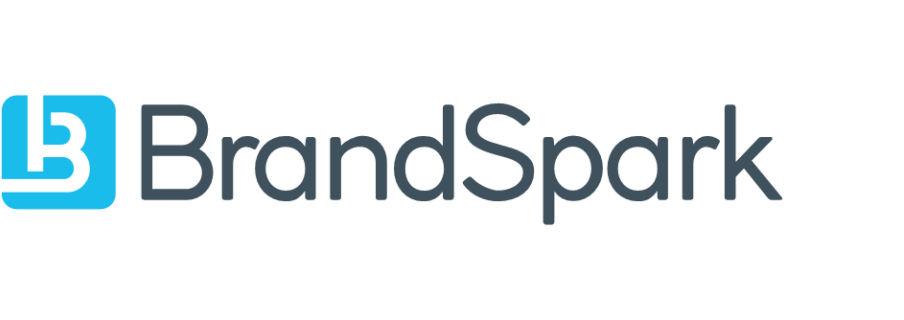The talk about content can be overwhelming for small business owners but the reality is that the future is digital and having your own media is no longer a fad but a necessity.
Ideally, your own media should be a medium under your control such as a website or blog. However, as a small business you could begin by relying on shared media and thereafter scale. That is, by opening a Facebook or Instagram, Twitter or a LinkedIn page, or a YouTube channel, which are all free to set-up. The media you choose should depend on your type of business, whether you operate a business-to-business, a business-to-consumer or a business-to-government model.
The question you may ask as a small business owner is why you need your own media. Thankfully, we have answered that question in a previous post titled, “Costly mistakes Nigerian small businesses make with their websites.”
Once, you have created your own media, like mass media organisations, you need content to keep it going. That is where the 3Cs come in handy – Create, Curate and Commission.
Content creation
This is simply creating original material from scratch, and there is a wide variety of content types. From those that pre-existed the digital era such as press releases, articles, photos, videos, graphics and infographics to newer forms of content including, tweets, blog posts, memes, GIFs, listicles and podcasts, the list is endless. Original content creates brand awareness and stimulates interest in products and services which directly impacts business growth.
Content curation
It is one thing to know the content types and it is another to keep your audience engaged on an ongoing basis. Let’s face it, our creative juices do run out from time-to-time! In such instances, content curation could be a way out.
Content curation is the gathering of existing content – blog posts, tweets, Instagram posts, articles – on a topic that is relevant to your audience and distributing the content across your owned media channels. This could be done by using only small aspects of the content such as quotations or abstracts or a link to the entire content. However, you must annotate by explaining the relevance of the content to your organisation or audience. For example, sharing the link to an interesting article on your LinkedIn page but above the link, you provide some context.
It could also be a repost of an Instagram graphic or video but you annotate by adding your commentary in the caption. Whatever the case, remember to give credit to the original creator of the content.
Content commissioning
This relates to influencer marketing where an organisation works with an influencer to create content on its behalf. The created content is shared on the influencer’s owned media. It could be a film, a short video, a product review and so on.
Commissioning influencers to create content on behalf of your business enables you to reach a wider audience. In addition, if the recommendations of the influencer are trusted, then your business sales will likely get a boost.


